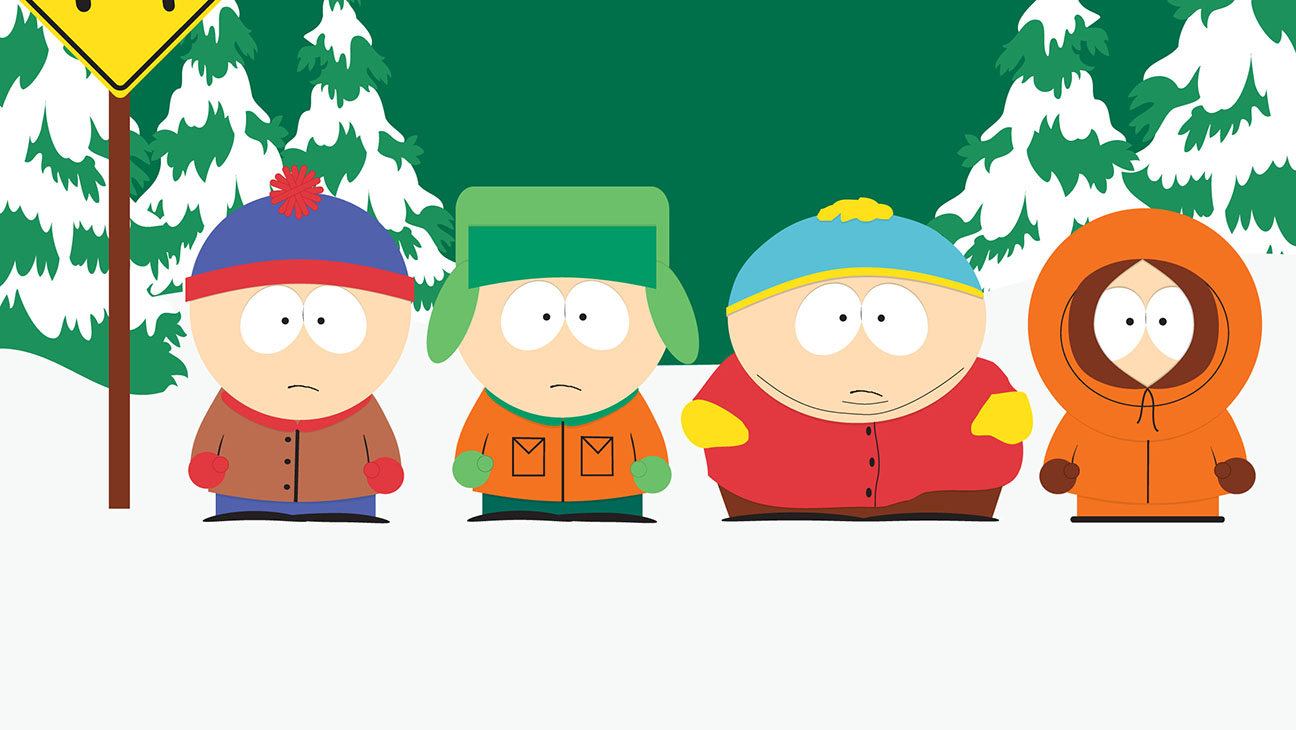For our March 1998 cover, SPIN dedicated a number of features, interviews, and essays around South Park ahead of the show’s second season. In honor of the 20th anniversary of the movie South Park: Bigger, Longer & Uncut, we’re reprinting a number of pieces about the infamously potty-mouthed and politically incorrect cartoon here.
In retrospect, perhaps psychological treatment should have been considered sooner. Certainly, the warning signs have been there for a while: poor motivation at school, bouts of hysteria, grisly killings, gay pets. With that in mind, we asked Dr. Ave Siegler, a renowned child psychologist and author of The Essential Guide to the New Adolescence: How to Raise an Emotionally Healthy Teenager, to delve into the mysterious inner worlds of South Park‘s rambunctious jewels.
“Since the show as a whole seems to be about anger, rage, and narcissism, it’s safe to say these kids could use some therapy.” Indeed. Her analyses follow.
STAN
He seems the most normal. He has feelings. He cares for his dog, even when he learns it is gay. He tries to modulate aggression. He has what we would call an observing ego, meaning he can criticize himself. He has affection, seemingly, for the little girl who makes him vomit. He does have an intense sibling rivalry with his sister, who is abusing. One of the things Stan might conceivably work on in treatment would be standing up for himself. The abuse from his sister could make him more and more timid, cautious. But I’d be worried about Stan the least.
Medication: Perhaps for his sister
KYLE
He seems basically normal and seems to come from a relatively normal family environment. He’s close with his little brother, though there seems to be a bit of a sibling rivalry there. But Kyle is a sensitive little boy. He doesn’t want to kill things; he agrees to dress up as Raggedy Ann; he seems to have healthy relationships with girls. He’s also the one with the overweening, over-intrusive, overprotective Jewish mother. And I guess you could say that this has produced a child who, to the other kids, looks a little wimpy. Perhaps this could have an effect on the way Kyle deals with his masculinity. His mother could definitely use some parent guidance. She erodes Kyle’s self-esteem and self-confidence. You could expect Kyle to be more of a follower because of this.
Medication: Valium, for his mother
ERIC
He’s the targeted, neurotic fat kid. Cognitively he’s a mess. For all we know, he could have some major learning disabilities. But this could all have to do with the fact that, clearly, Eric has a pathological relationship with his mother. His mother keeps him a baby. She tempts and seduces him with food—with that cheese stuff he likes. His tremendous amount of aggression toward other people is probably linked to this underlying infantilization.
I would recommend play therapy. We would play War and I would point out the way that he cheats and makes himself feel big and strong by making other people small and weak. This is a boy who, underneath, has enormously poor self-esteem. He could wind up like that character in Dr. Strangelove, a military monster.
On the other hand, he could equally become depressed and just get fatter and fatter and isolate himself even more. Or, he could take hold of his life, maybe when he’s a teenager. But it’s hard to imagine a positive outcome.
Medication: I’m not a big proponent of drugs for young children, but certainly, Eric might be helped by some Prozac. He could also have an Attention Deficit Disorder, in which case Ritalin could be useful.
KENNY
He’s a kid who appears to be selectively mute. Usually this has to do with underlying aggression. Very interesting that Kenny becomes the kid with aggression problems when he’s aggressed against in every episode. This could have its roots in something in Kenny’s background—marital strife in the house, a depressed mother, an enraged mother. Or he might be what we call pathologically shy.
If he isn’t helped, he’ll be compromised in both future academic and social settings. And though he is accepted by his little group now, as he moves on, people will likely get tired of his not speaking and might isolate him. That can develop into serious depression.
Medication: There are a number of serotonin re-uptake drugs that might work for Kenny, to say nothing of him just generally being more careful.





